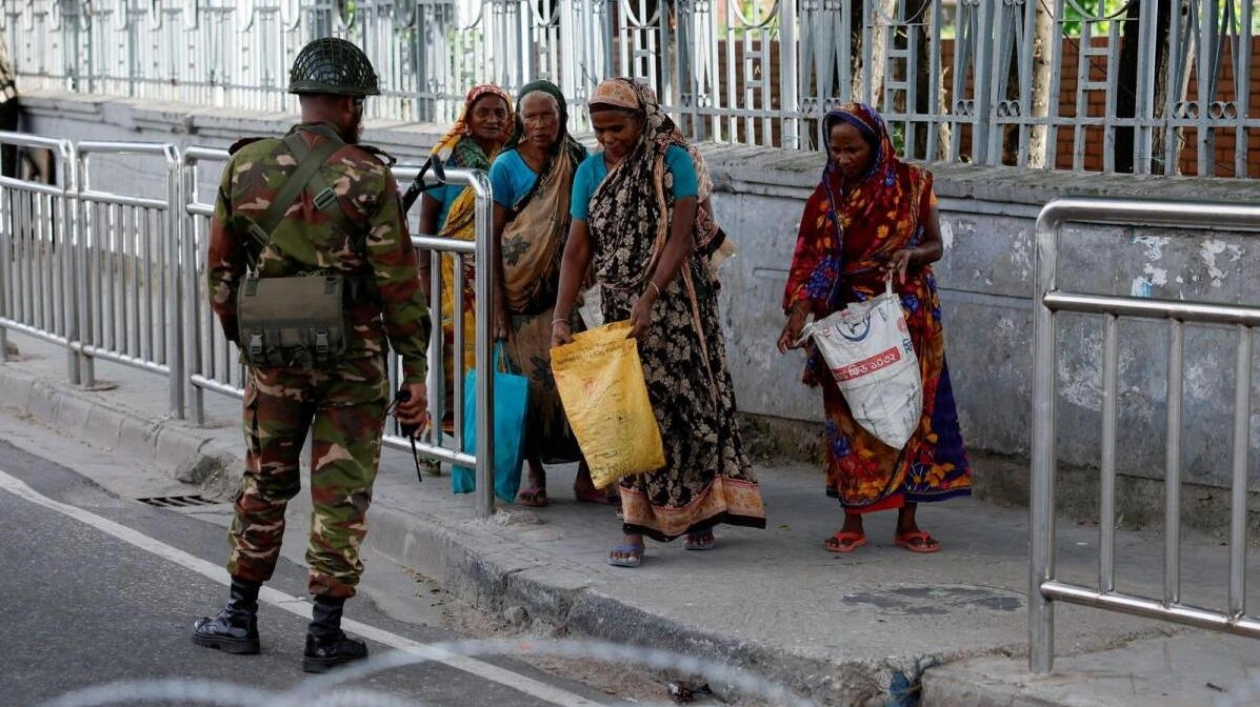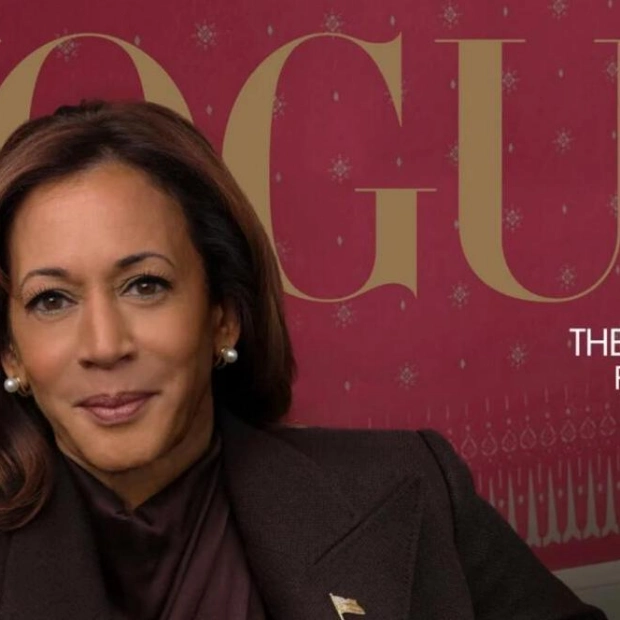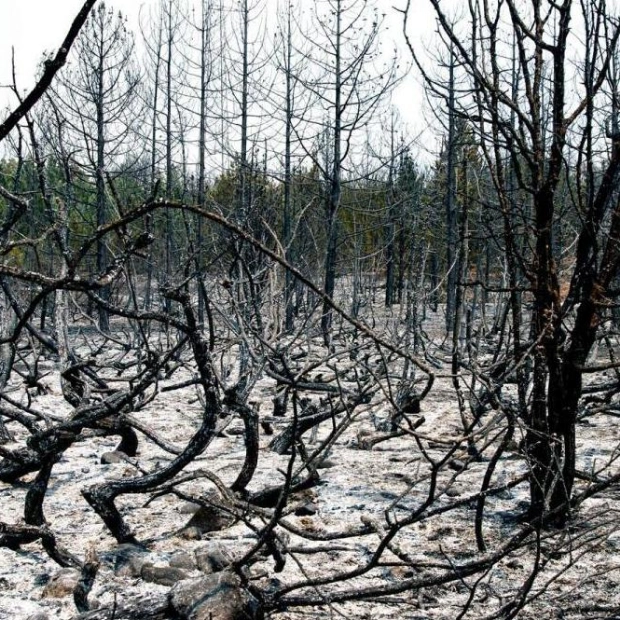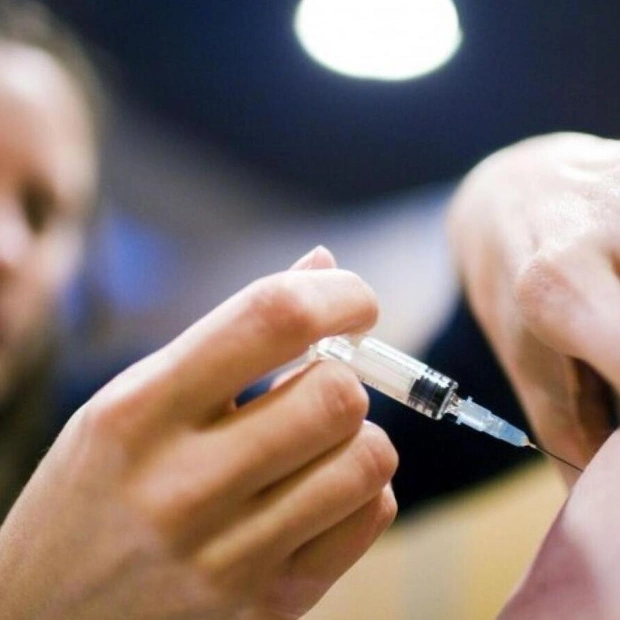Bangladesh has extended a curfew on Sunday to manage the violent protests led by students, which have resulted in at least 114 deaths. Authorities are preparing for a Supreme Court hearing later in the day regarding government job quotas that ignited the public's anger.
Soldiers have been patrolling the streets of Dhaka, the capital and the epicenter of these demonstrations, which escalated into confrontations between protesters and security forces. Internet and text message services in Bangladesh have been suspended since Thursday, isolating the country as police suppressed protesters who disregarded a ban on public gatherings.
The curfew, imposed late on Friday, has been extended until 3 p.m. (0900 GMT) on Sunday, and will remain in effect for an unspecified duration after a two-hour break to allow people to gather supplies, according to local media. Universities and colleges have been closed since Wednesday.
Nationwide unrest erupted due to student dissatisfaction with job quotas that reserved 30% for the families of those who fought for independence from Pakistan. Prime Minister Sheikh Hasina's government abolished the quota system in 2018, but a court reintroduced it last month. The Supreme Court has temporarily halted the decision and will review the case on Sunday, moving up the previously scheduled hearing for August 7.
These demonstrations, the largest since Hasina's re-election for a fourth consecutive term this year, have been exacerbated by high unemployment among young people, who constitute nearly a fifth of the population. The US State Department raised its travel advisory for Bangladesh to level four on Saturday, advising American citizens not to travel to the country.






